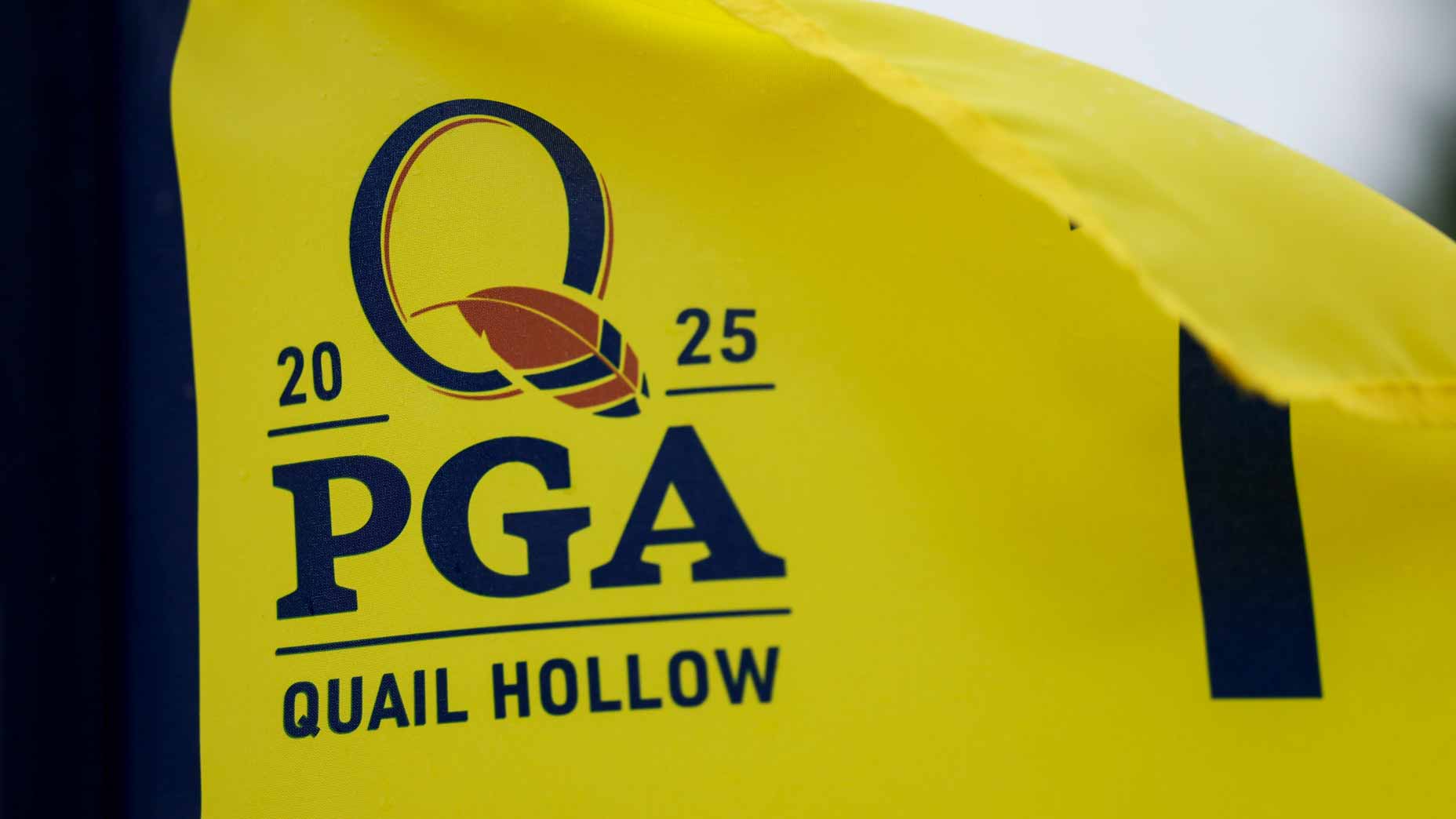In the third round of last year’s PGA Championship, Jason Day was a perfect 13-for-13 on putts from inside 10 feet. Sounds impressive, doesn’t it? Not so fast. “Putting from inside 10 feet” is, in my opinion, an uninformative and misleading golf stat that should be tossed into the trash bin. Let me explain.
There’s a tremendous difference in the success rate of putts from inside 10 feet versus those from exactly 10 feet. Just 40 percent of the Tour pros’ 10-footers fall.
“Putting from inside 10 feet” is often cited as a measure of how well a player is performing on those critical, makeable short putts. In a tournament, you’d probably think that holing, say, 90 percent of those rolls would indicate a good performance, but that number is only slightly better than the PGA Tour average of 88 percent. (In fact, in 10 percent of all the rounds they play, Tour pros hole 100 percent of putts from inside 10 feet.)
ODDS: Who is the Favorite for the PGA Championship at Baltusrol?
That 88 percent average would lead you to believe that Tour pros are almost automatic from inside 10 feet, but that’s far from the truth. They sink 99 percent of their two-footers, 88 percent of their four-footers and 67 percent of their six-footers. From 10 feet? Well, that’s another story. Just 40 percent of their 10-footers fall. There’s a tremendous difference in the success rate of putts from inside 10 feet versus those from exactly 10 feet. The number is so misleading because a large majority (77 percent) of the putts on Tour designated as “inside 10 feet” actually start inside of five feet.
For the weekend golfer, expectations matter. It’s important to know that even the best putters in the world make only 45 percent of their 10-footers. You and I make just over 20 percent. Boosting that to 30 percent is a worthy and realistic goal, one that will lower your score.
Strokes Gained is a more accurate way to measure putting prowess from close range. Two players could both go 14-for-15 from inside 10 feet, but Strokes Gained might prove that their performances were far from equal. Why? Because putt distances matter. If one player’s miss was from three feet, he lost 0.9 strokes, a real card killer. But if the other player’s lone miss was from 10 feet, that only cost him 0.4 strokes—it might have stung a little, but it’s hardly unusual.
Let’s return to Day’s putting in round three at last year’s PGA. True, his 13-for-13 performance didn’t indicate great putting because his two longest attempts inside 10 feet were from four and three feet. Still, he raised the Wanamaker Trophy, beating the field by a total of 21.4 strokes, 2.2 of which came from putting inside 10 feet. That isn’t a large number, but saving a bunch of pars with those three- to five-footers is critical to momentum, and momentum counts for a lot.







